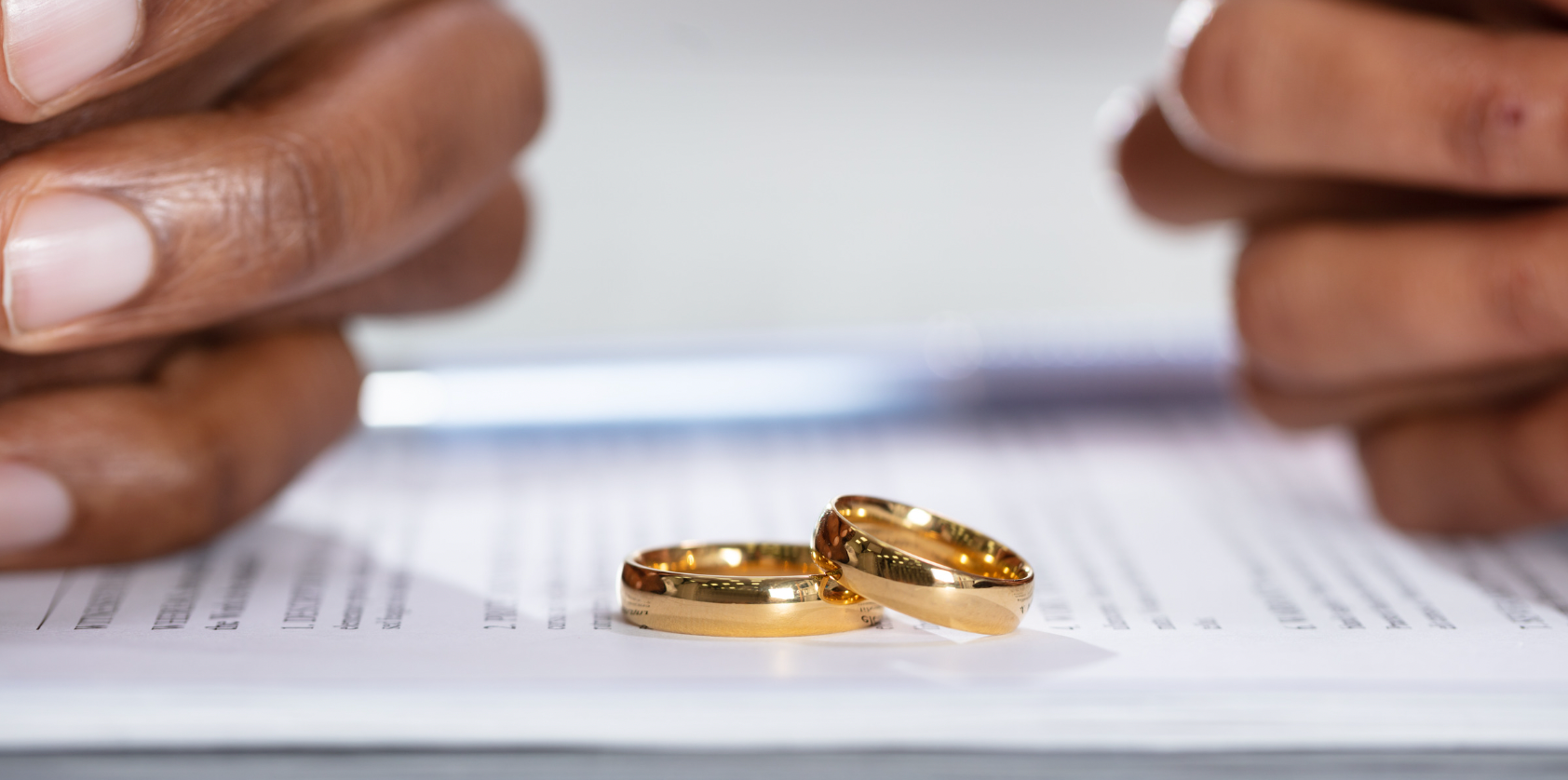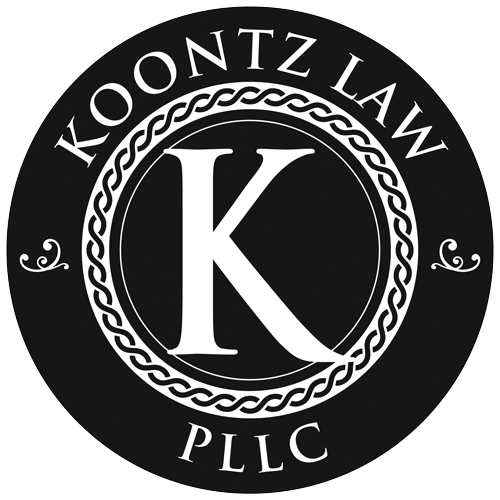How to Handle Debt Collection Harassment Legally
Dealing with debt is stressful, but dealing with harassment from debt collectors can make it even more overwhelming. Knowing your rights and the legal steps you can take to handle debt collection harassment is crucial. Here’s a guide on how to protect yourself and handle debt collection harassment legally.
Understanding Your Rights
The Fair Debt Collection Practices Act (FDCPA) is a federal law that protects consumers from abusive, unfair, and deceptive practices by debt collectors. Under the FDCPA, debt collectors are prohibited from contacting you at unreasonable times, such as before 8 a.m. or after 9 p.m.; calling you at work if you’ve informed them that your employer doesn’t allow such calls; using abusive or threatening language; misrepresenting the amount you owe; contacting you after you’ve requested in writing that they stop; and threatening legal action they cannot or do not intend to take. Many states also have their own laws that provide additional protections against debt collection harassment, so it's essential to familiarize yourself with your state’s specific regulations.
Steps to Handle Debt Collection Harassment
Document All Communication
Keep detailed records of all interactions with debt collectors. This includes saving voicemails, emails, and letters, as well as noting the dates and times of phone calls. Documentation will be crucial if you need to file a complaint or take legal action.
Request Written Communication and Verify the Debt
If you prefer not to receive phone calls, you can request that the debt collector communicate with you in writing only. Send a written request via certified mail with a return receipt requested, so you have proof that the request was received. Additionally, you have the right to request verification of the debt. Within 30 days of the initial contact, send a written request asking the debt collector to provide verification of the debt, including the original creditor and the amount owed. During this verification period, the debt collector must cease all collection activities.
Send a Cease and Desist Letter
If the harassment continues, you can send a cease and desist letter to the debt collector. This letter should clearly state that you demand all communication to stop immediately. Send this letter via certified mail with a return receipt requested. Once the collector receives this letter, they can only contact you to confirm that they will stop all further communication or to inform you of specific legal actions they intend to take.
File a Complaint and Consider Legal Action
If the debt collector violates the FDCPA or your state’s laws, you can file a complaint with the Consumer Financial Protection Bureau (CFPB), the Federal Trade Commission (FTC), or your state’s Attorney General’s office. These agencies can investigate your complaint and take action against the debt collector if necessary. If the harassment persists, you may need to consider legal action. Consult with an attorney who specializes in consumer protection or debt collection issues. They can advise you on the best course of action and help you file a lawsuit against the debt collector. Under the FDCPA, you may be entitled to damages for any harm caused by the harassment, as well as attorney’s fees and court costs.
Contact Us Today
Debt collection harassment is illegal, and you have the right to protect yourself from abusive practices. By understanding your rights under the FDCPA and your state laws, documenting all communication, and taking the appropriate legal steps, you can effectively handle debt collection harassment. At Koontz Law, PLLC
we are dedicated to protecting consumers from unfair debt collection practices.
Contact us today to schedule a consultation and learn how we can help you navigate this challenging situation and ensure your rights are upheld.










Request a Consultation
For more information or to receive a consultation, call us at (336) 751-6235 or complete the form.
Contact Us
We will get back to you as soon as possible.
Please try again later.

